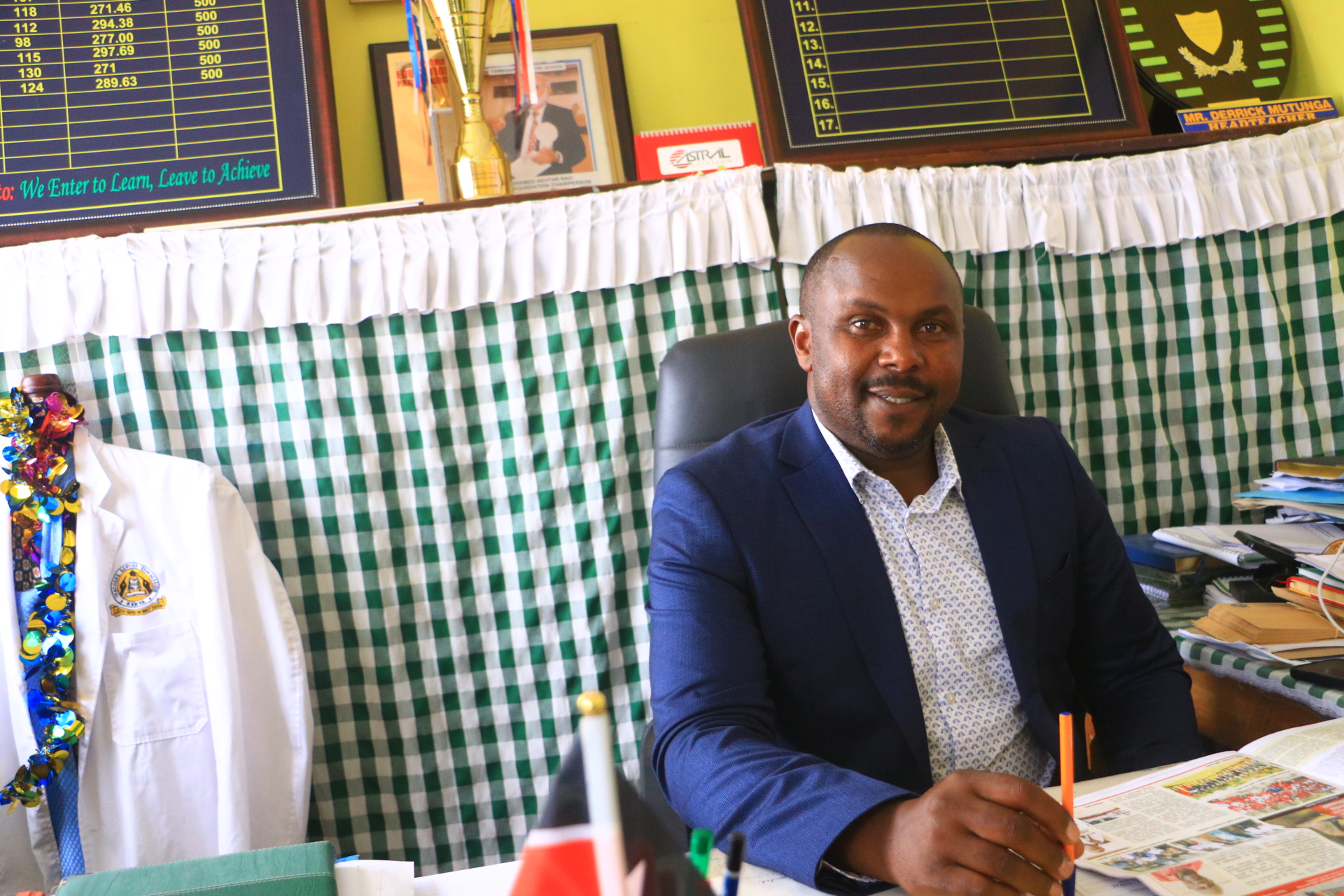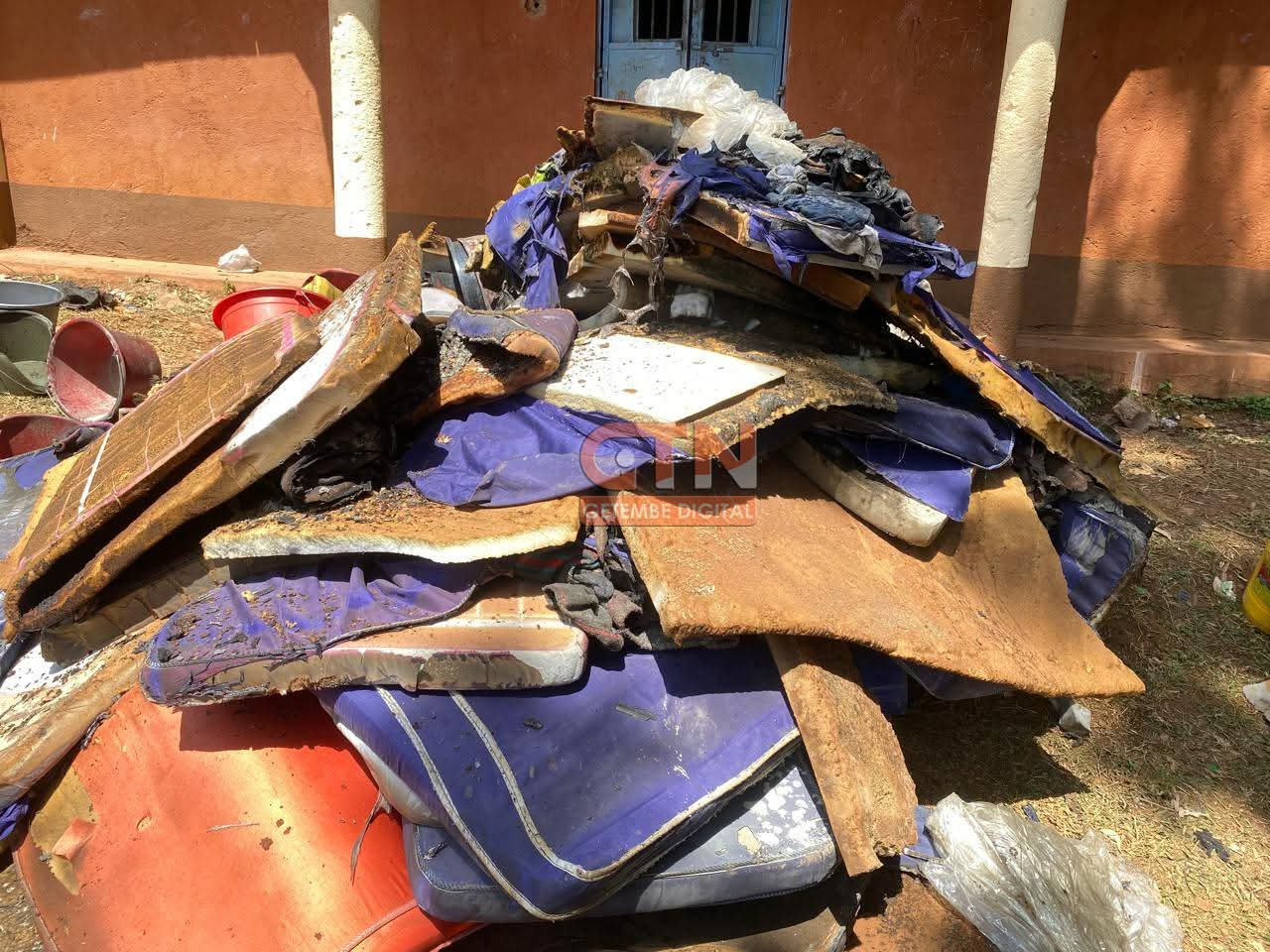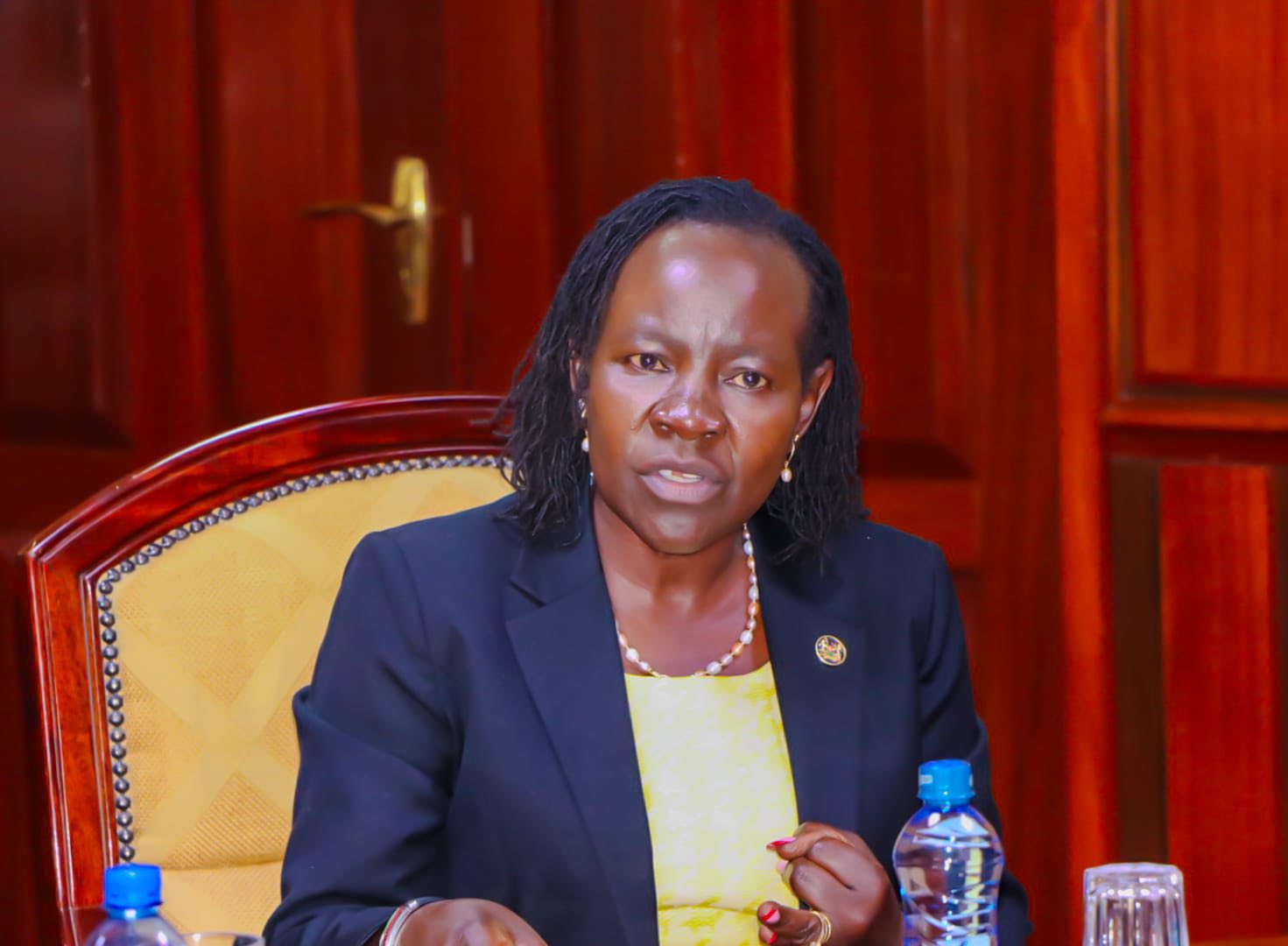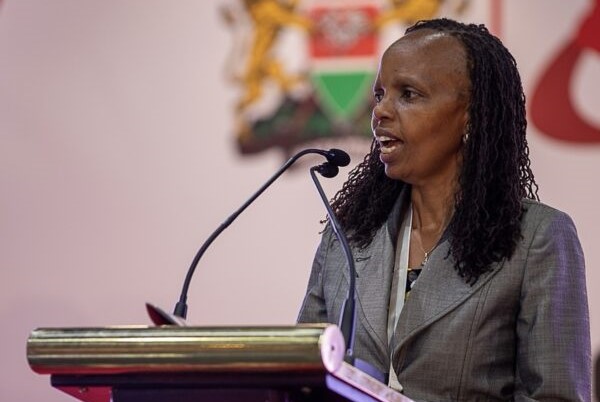For years, stigma and lack of awareness kept many children with disabilities hidden from the education system. Parents feared judgment, schools lacked resources, and many learners never got a chance to step into a classroom.
But today, a silent revolution is taking place. More parents are now embracing inclusivity and enrolling their children in Special Needs Education (SNE) schools across Lower Eastern.
“Parents are finally accepting that disability is not a reason to hide their children. Enrollment is improving, though still at a slow pace,” says Darrick Mutunga, the KEPSHA Chair for Lower Eastern and Machakos County.
This marks a significant step toward inclusive education, but challenges such as underfunding, teacher shortages, and poor infrastructure threaten to stall this progress.
He noted that, in the past, many parents hesitated to enroll their children in school due to deep-rooted stigma and cultural misconceptions about disability. However, thanks to increased civic education and awareness campaigns, more families are now embracing special needs education.
“We used to hear cases of children locked up at home because their parents were ashamed. But today, organizations like the Agency for Disability and Development in Africa (ADDA) are educating parents, and we are seeing real change,” Mutunga explained.
ADDA, along with other NGOs, has played a pivotal role in changing perceptions by offering civic education, counseling, and assistive learning materials to support children with disabilities in schools.
Although the enrollment numbers are rising, retaining these students in school remains a challenge.
Many special needs learners face health issues that disrupt their studies, and the lack of proper school facilities only worsens the situation.
“Retention is tricky. These students often take much longer to complete school. Some take over ten years because of health challenges, but we love the progress we are making,” Mutunga notes.
YOU MAY ALSO READ:
Additionally, the push to mainstream SNE learners into public schools has led to lower enrollment in specialized institutions, reducing government funding for SNE schools. With enrollment improving, there is a greater need for teacher recruitment, infrastructure upgrades, and assistive learning devices to support children with disabilities.
“About 70% of SNE schools still lack disability-friendly facilities. We must invest in making these schools truly inclusive,” Mutunga urges.
By Agnes Orang’o.
You can also follow our social media pages on Twitter: Education News KE and Facebook: Education News Newspaper for timely updates.
>>> Click here to stay up-to-date with trending regional stories
>>> Click here to read more informed opinions on the country’s education landscape






